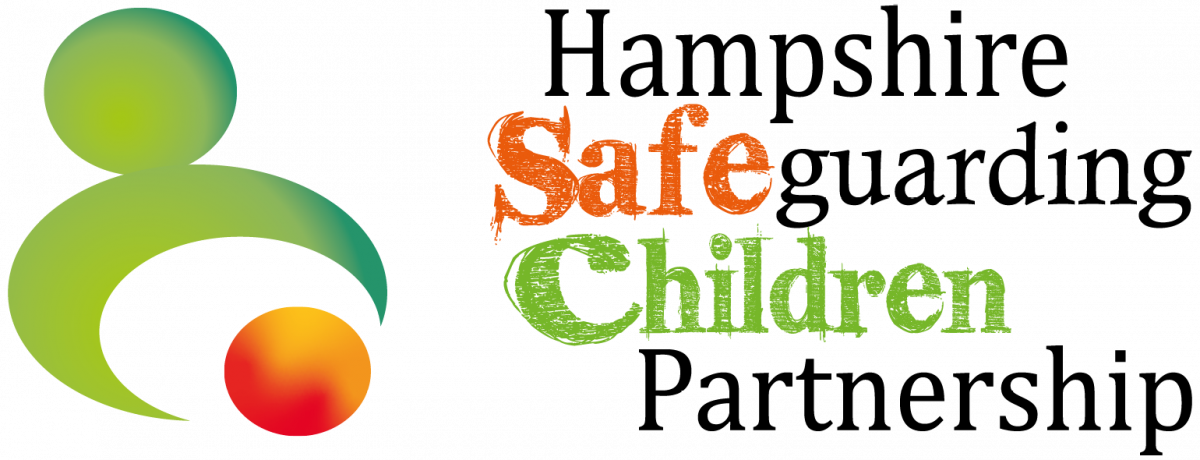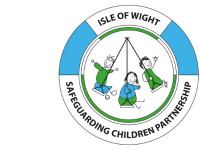Overview
The Hampshire and Isle of Wight Safeguarding Children Partnerships Child-on-Child Abuse toolkit for professionals aims to provide a coordinated approach to tackling child-on-child abuse, to eliminate the risk across Hampshire and the Isle of Wight of children experiencing abuse from other children.
The toolkit is based on the following principles:
- The safety and welfare of all involved children is paramount.
- All children should be safe from abuse and harm, wherever they live, learn or work.
- Child-on-child abuse can take many forms. It can be emotional, physical or sexual. It can happen to any child, in any place or online.
- Experiencing harmful behaviour from another child will have significant negative effects on a child, which may include impact on their health, relationships and education.
During the Covid-19 pandemic, it was acknowledged that there was a significant increase in online activity for many children, which has not abated, heightening the continued importance of tackling online abuse, including online child-on-child abuse, child exploitation and radicalisation. 2021 brought a heightened focus on tackling sexual violence and sexual harassment, with Ofsted’s rapid review of sexual abuse in schools and colleges finding that sexual harassment and online sexual abuse, such as being sent unsolicited explicit sexual material and being pressured to send nude pictures, are much more prevalent than adults realised. For example, nearly 90% of girls, and nearly 50% of boys, said being sent explicit pictures or videos of things they did not want to see happens a lot or sometimes to them or their peers. The frequency of these harmful sexual behaviours means that some children and young people consider them normal.
Additionally, there has been a growing concern about the prevalence of online influencers promoting misogyny and a permissive approach to sexual violence and sexual harassment. It is important to note that these influencers often use other discriminatory language relating to race, religion, gender identity and sexuality.
This toolkit has been developed as the nature and prevalence of abuse between children remains of serious concern. It is intended that the toolkit will support professionals in identifying and responding to concerns of all types of child-on-child abuse and taking a child-first approach that promotes the safeguarding and wellbeing of all children.

